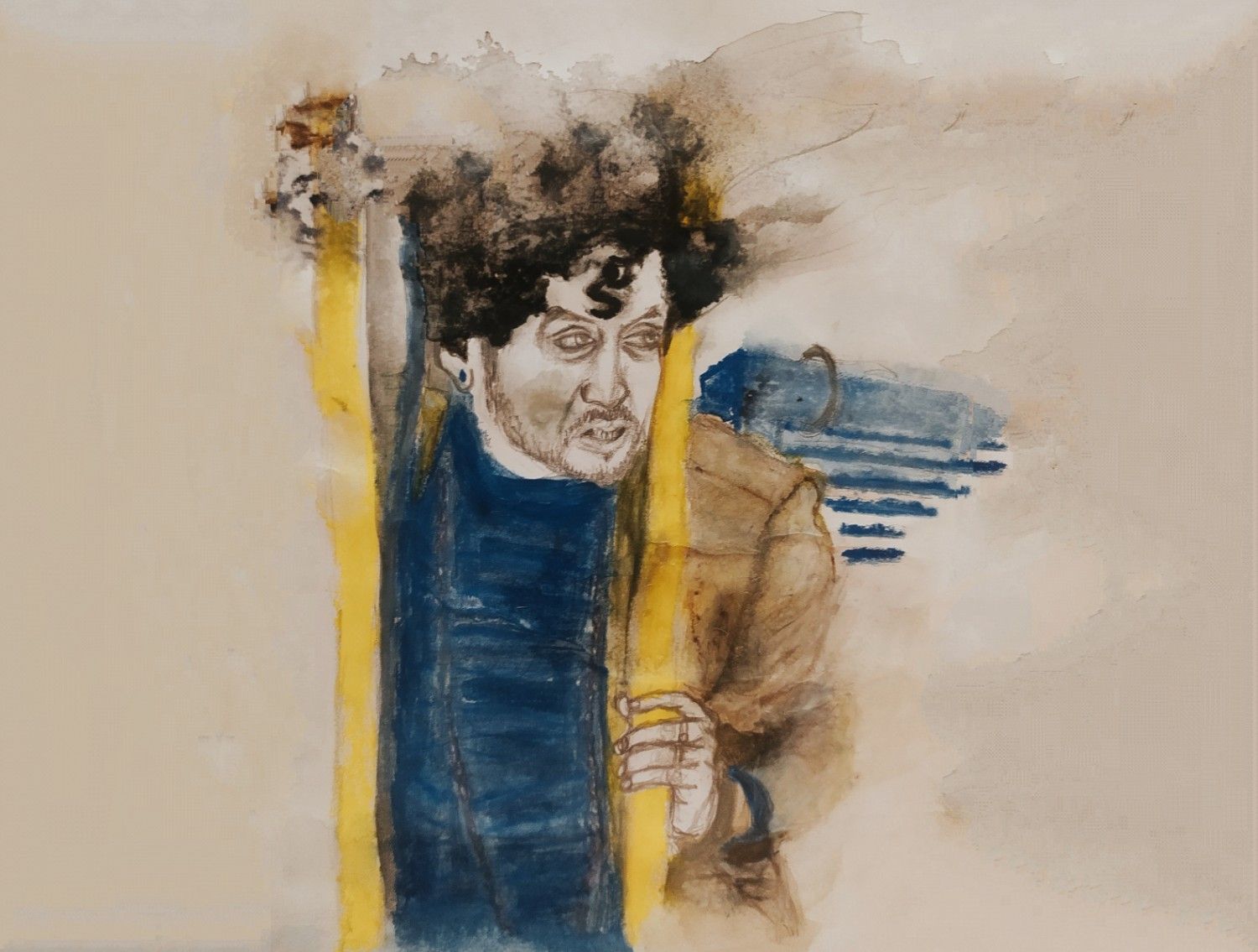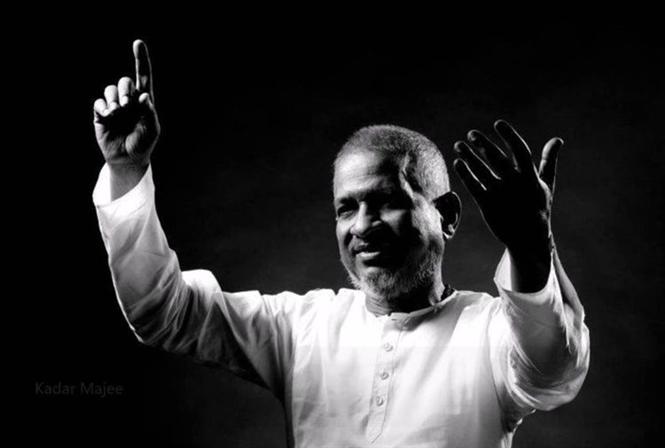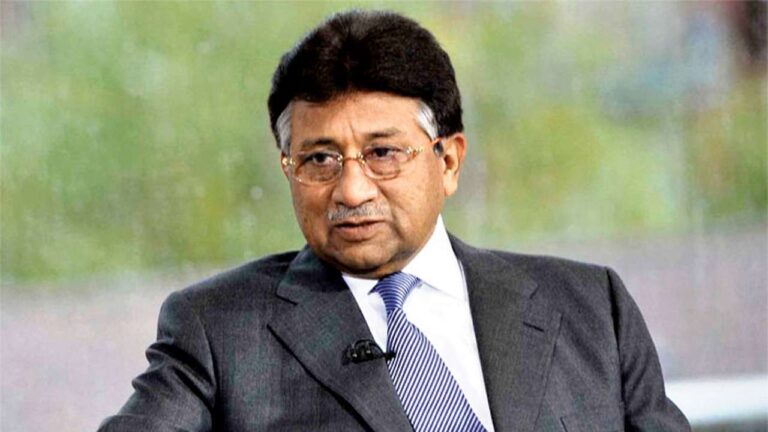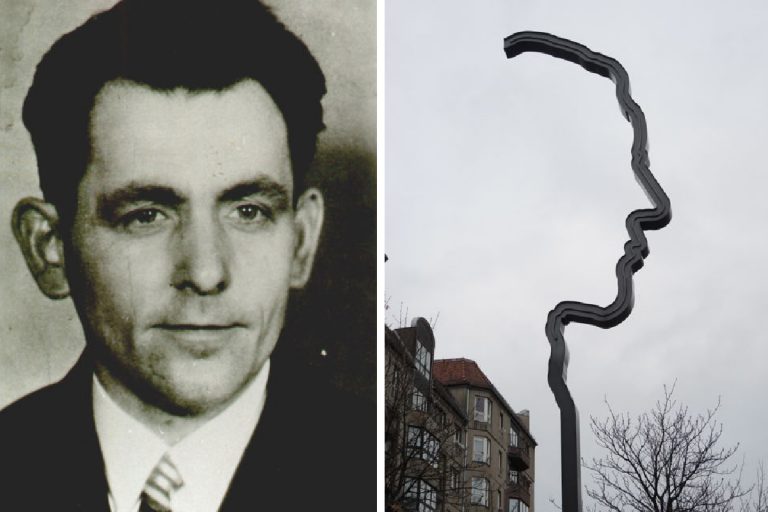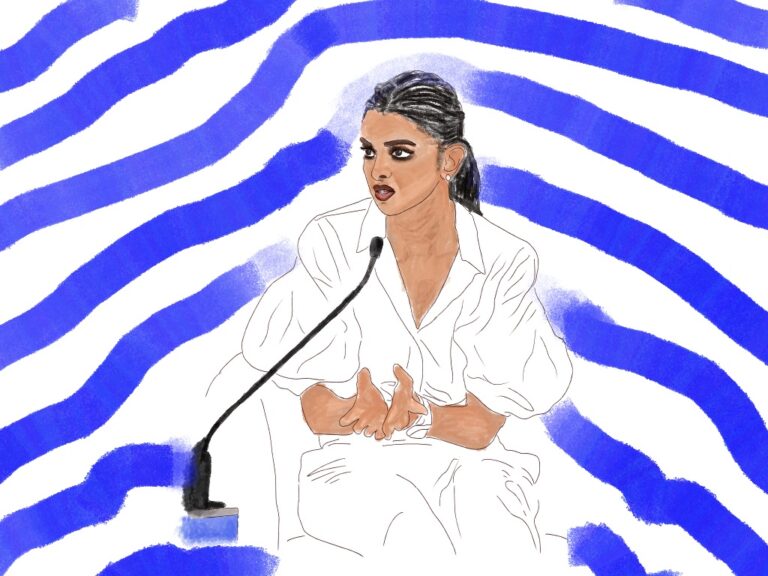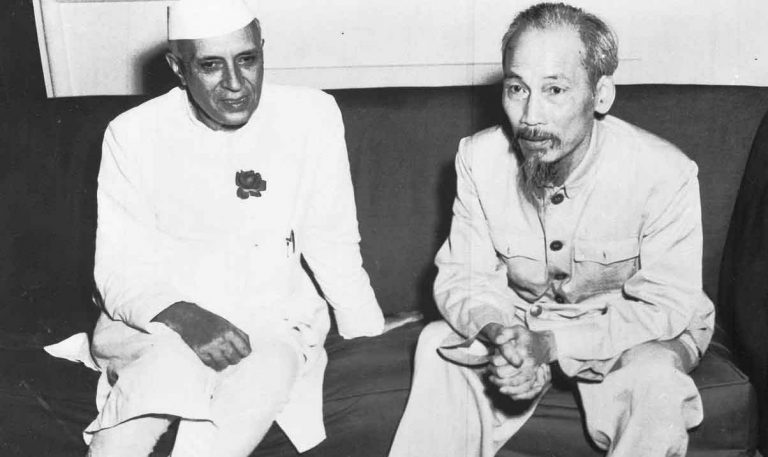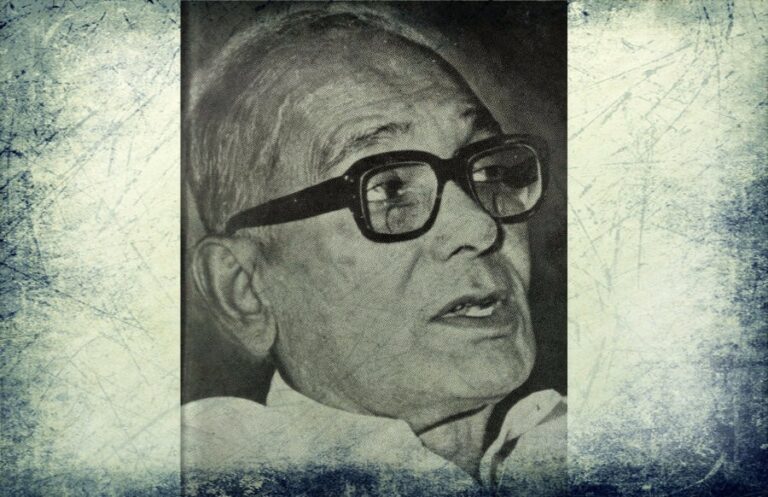Losing Irrfan Khan: A dream and its ruminations

Write a piece for us at [email protected]
A written tribute can never do justice to a personality that gave life to characters and stories that lied dormant. You will not hear his ringing voice here. This tribute cannot show you a flashback of his performances. And in that sense, this tribute will selfishly focus on my feelings of loss on hearing of the death of this very versatile actor, Irrfan Khan.
Many public personalities die. Their death shocks us. But the shock and the grief are very quickly overpowered by our collective acknowledgment of the inevitability of death. And we move on. But the death of Irrfan Khan seems like a personal loss. And as heavy, my heart is, my mind is equally perplexed at this realization. I have lived this life declaring myself a fan of many books, characters, heroes, and heroines (both real and reel), and Irrfan Khan was not one of them. And yet I sit here wondering how a person who I have neither could meet, nor know in a personal capacity affect me so much?
One could feel that for someone only if they feel connected to them. He came into Bollywood from outside. And made it big. He promised his beloved mother that he would do something substantial and not be like other heroes in the movies. And he achieved just that by playing unique and versatile characters. His presence on screen was breath-taking, whether it was when he sat in a helicopter as the owner of an Island of dinosaurs or held a gun and played the ‘Beehad ka Baagi.’
I recall the first time I watched an Irrfan Khan movie back in May 2013. The film was called Hassil(2003). Until that time, the name Irrfan Khan was just some actor’s name; I had heard people utter now and then. After watching that film, his name became imprinted in my memory. I immediately did a quick research on his filmography before making a catalog of some of his best films. Quickly, I had seen some of his best movies. Like Maqbool, The Namesake, Life in a Metro, Slumdog Millionaire, Paan Singh Tomar, The Lunchbox, and Saheb Biwi Aur Gangster Returns.
While these are some of his famous movies, he did plenty of shows that perhaps millennials like me would not be very familiar with (for I came to know about them only today) like Chandrakanta, Bharat Ek Khoj, Chanakya. His first appearance in a movie was in Mira Nair’s Salaam Bombay. And then, he went on to do a critically acclaimed film called Kamla Ki Maut (1989) and then an award movie named Doctor Ki Maut (1990).
He was not so popular yet, and, throughout the 90s, he remained stagnant, showing up only in TV serials airing on different channels. He even worked for movies, most of which were unsuccessful in terms of making any difference to his career. But this was about to change.
In 2001, a London based director Asif Kapadia gave him a chance to play a lead role in a historical film The Warrior. The movie was a success and soon opened in international film festivals bringing Khan instant fame. This provided him a platform to promote himself not only in India but worldwide. This year also marked the official entry of Irrfan Khan in Bollywood.
Even though the world mostly loves heroes, it is the dark anti-heroes that take away my heart. Khan’s portrayal of dark and grimace titular character in an adaptation of Shakespeare’s Macbeth- Maqbool and a notorious student union leader who could not give up his hopes of marrying the heroine in Hassil, are two of my favorite roles. He also received a Filmfare Award for Best Actor in a Negative Role for his role in Hassil. That the movie is about the politics of my Alma Mater, the University of Allahabad also makes it special.
In a span of the next two years, Khan gained enough credit as an actor with the potential to bring characters to life. However, it would still take two more years to be cast as a lead role in a Bollywood flick, and this became possible with the release of Rog (2005). Critics praised it for Khan’s exquisite presence on the screen.
Until now, Khan was a distinguished actor known for working predominantly in Hindi films, but once he got a break in English movies, his popularity reached newer heights. In the year 2007, he worked with Hollywood directors Wes Anderson and Michael Winterbottom in The Darjeeling Limited and A Mighty Heart. The same year, almost two decades later, Khan once again got the opportunity to work with Mira Nair in The Namesake based on Jhumpa Lahiri’s novel of the same name. These three films in a row made him an international sell-out. In the coming years, he emerged through movies like Slumdog Millionaire (2008), New York, I Love You (2008), Life of Pie (2012), The Amazing Spider-Man(2012), Jurassic World(2015), Inferno(2016) just to name a few.
Despite earning worldwide recognition, he did not leave his roots, which lay in the Hindi cinema. He worked hard both in Hindi and English films. Some of his captivating performances came through the world of Hindi cinema. In fact, in 2013, he won a National Award for Best Actor for his timeless portrayal of athlete-turned-bandit Paan Singh Tomar. With his The Lunchbox (2013), he again showed that he need not be working for well-known directors to get globally popular. It premiered at the 2013 Cannes Film Festival, winning the Grand Rail d’Or prize and also screened at Toronto Film Festival.
He continued giving the audiences the deep and intense performances in movies like Talvar (2015) and Madari (2016) until he started to take on some lighter roles where the script demanded the light and funny or witty dialogues every once in a while. He did not disappoint his fans. On the contrary, his jokes on-screen were spot on, and the audience had a great laugh in theatres, especially in Piku (2015) and Hindi Medium (2017). Both these movies offer social commentary along with entertainment. In 2011 Khan was honored with India’s fourth-highest civilian award Padma Shri for his active participation in making culturally relevant films.
His journey ended with his last movie, Angrezi Medium. It ended too soon. We feel robbed off of all the beautiful movies and moving roles that he would have played had he lived. He was among the very few who could bring life to characters in a way that the internal predicaments of the character would become more important than the outside circumstance. And thus, even his lesser-known movies like The Goal (2000), Gaath(2000), The Bypass(2003), Shadows of Time(2004), Road to Ladakh(2004), Mumbai Meri Jaan(2008), Knock Out(2010), Yeh Saali Zindagi(2011), Qissa(2015), The Song of Scorpions(2017), and Puzzle(2018) have given us memorable characters.
Despite his footprints spread across both Bollywood and Hollywood, it is very difficult to find any controversy around his personal life or work. His movies, both successful and unsuccessful, are monuments in the cinematic world, and the life he has lived is a legacy for all to emulate and be inspired by.
The idea that we will not get to see any new movie starring Irrfan Khan is probably going to haunt us for a long time to come. And eventually, when we are over the shock of his departure, we will finally be able to dive back into the wonderful collection of his works that he has left behind.
Featured Image Credits: Teller Report
Authors:

Shikha is a PhD scholar working on political leadership at University of Hyderabad. She likes books and cats.
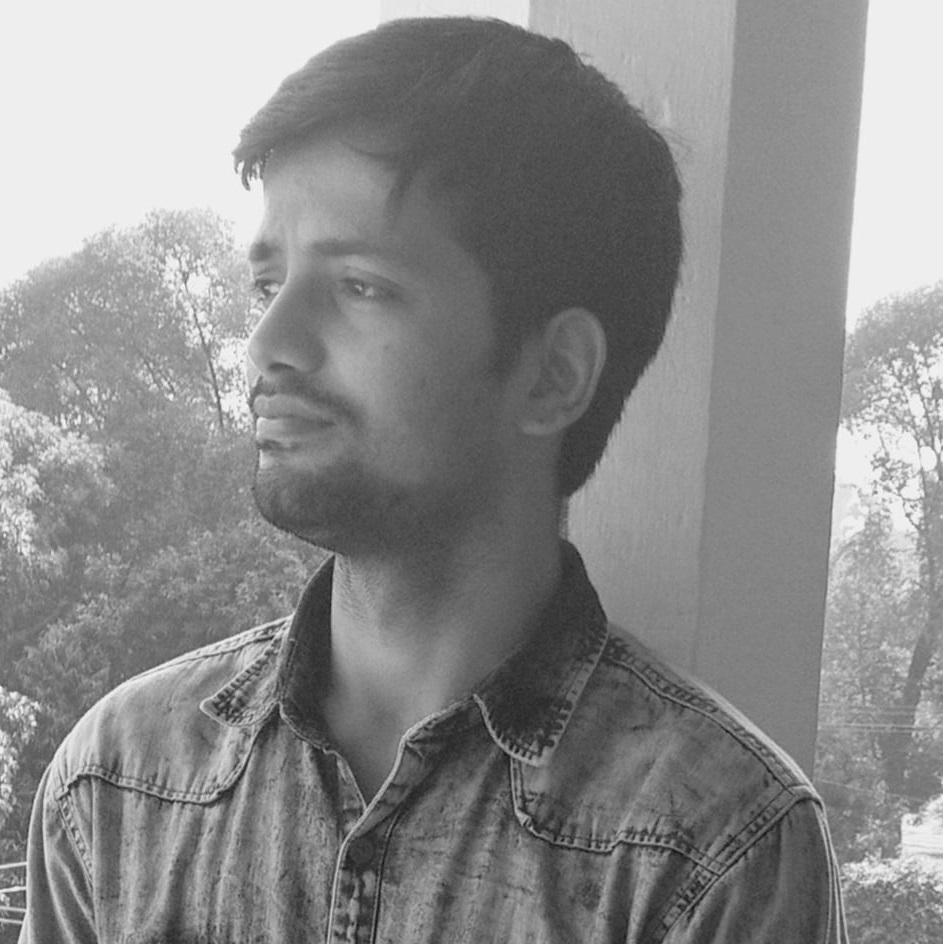
Akhilesh Singh is currently a student at University of Allahabad doing MA from English literature. His interest lies in area of film study and film criticism.


